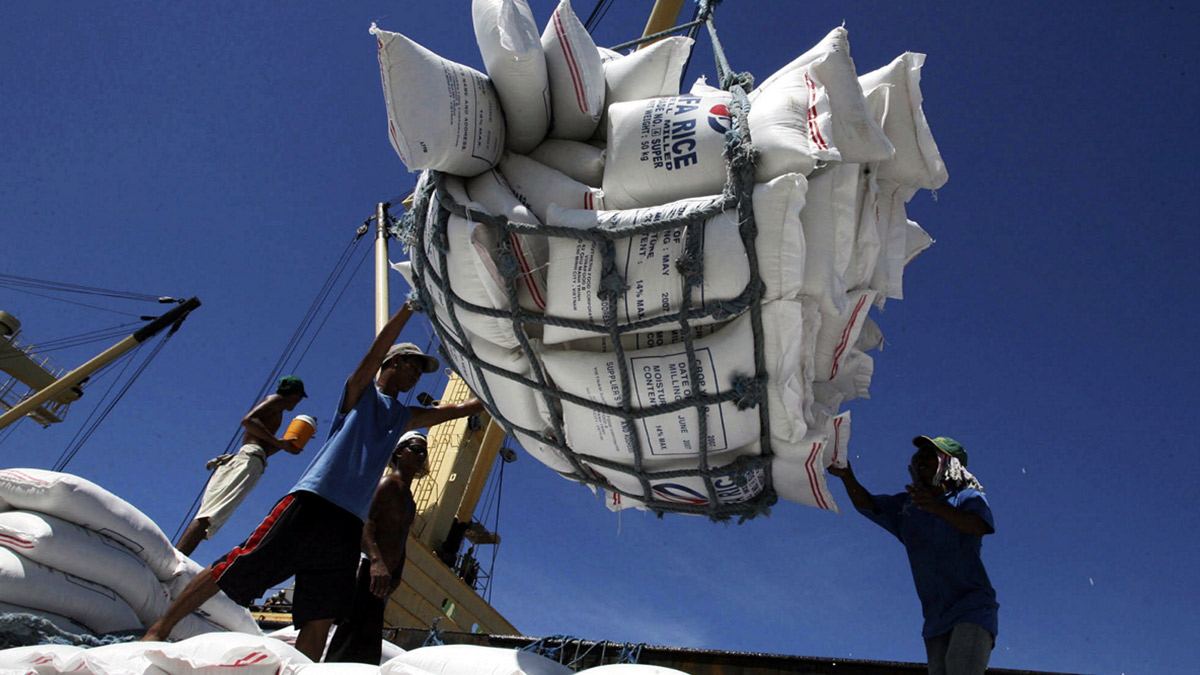Marcos orders rules on agriculture imports eased
MANILA, Philippines — President Ferdinand Marcos Jr. has ordered the Department of Agriculture (DA) to relax its policies and procedures and remove other nontariff barriers on the importation of farm products to boost local supply and bring down prices of items such as rice and pork.
The President issued Administrative Order No. 20, signed by Executive Secretary Lucas Bersamin on April 18, due to the persistence of administrative and nontariff constraints that have caused the continued increase of domestic prices of agricultural commodities.
Nontariff barriers include quotas, import licensing systems, regulations and red tape that restrict or delay the entry of imports.
READ: DA must be ‘data-driven’ to curb cycles of glut, scarcity
Marcos directed the DA, in coordination with the Department of Trade and Industry (DTI) and Department of Finance, to streamline procedures and requirements in the licensing of importers, minimize the processing time of applications for importation, and exempt licensed trades from the submission of registration requirements.
Article continues after this advertisementSugar, fish products covered
AO 20 also authorizes the DA to allow the importation of agricultural products beyond the authorized minimum access volume, or the quantity of an agricultural product that is allowed to be imported at a lower tariff as committed by the country to the World Trade Organization, and remove the corresponding fees related to the increased importation.
Article continues after this advertisementThe DA was directed to streamline procedures and requirements for the issuance of Sanitary and Phytosanitary Import Clearance (SPSIC) and take concrete steps to improve logistics, transport, distribution and storage of imported agricultural products.
The President also ordered the DA and its attached agencies to process, approve and release SPSIC applications within 15 days; otherwise, applications with completed documents would be deemed approved.
Marcos directed as well the Sugar Regulatory Administration to simplify the importation of sugar by allowing direct importation by the agency’s accredited importers and accepting more traders to participate in the importation program.
The order also covered the importation of fishery products and directed the DA to review and revise guidelines on the importation of frozen fish and other marine products.
Marcos ordered the Bureau of Customs (BOC) to prioritize the unloading and release of imported agricultural products, subject to the Customs Modernization and Tariff Act and other applicable laws, rules and regulations of the agency.
Under AO 20, the President created a surveillance team to ensure the effective and efficient implementation of his directive. It will be made up of representatives from the DA, DTI, BOC, Department of the Interior and Local Government, Department of Justice, Philippine Competition Commission, National Bureau of Investigation and Philippine National Police.
